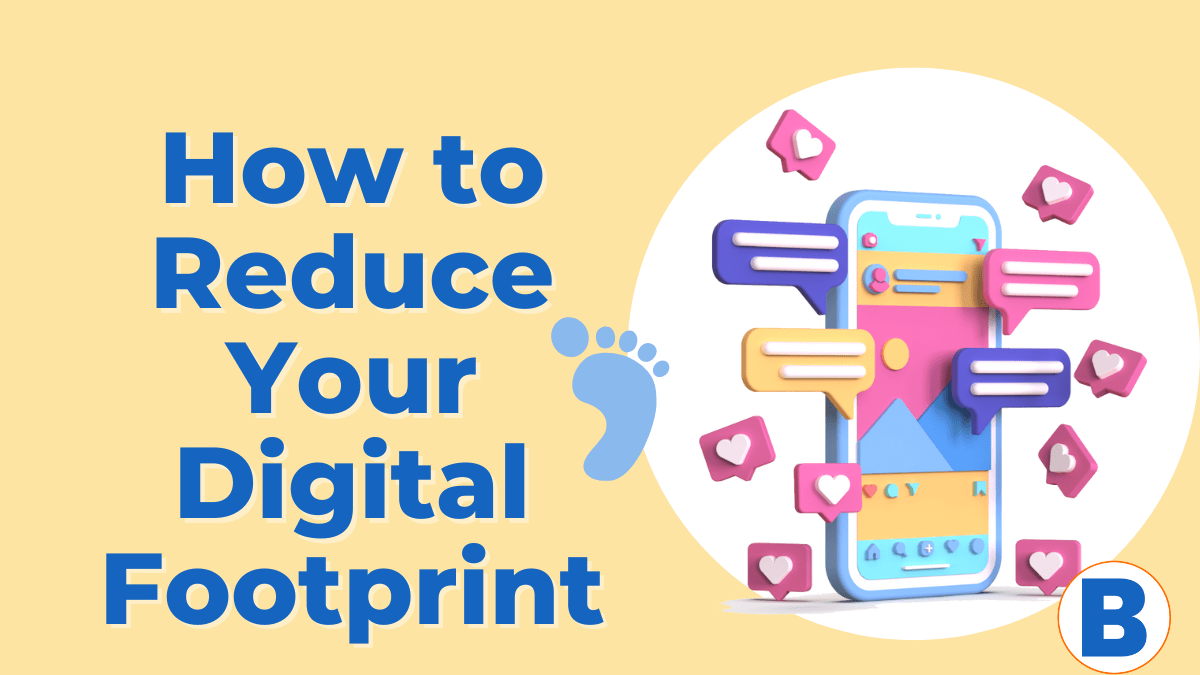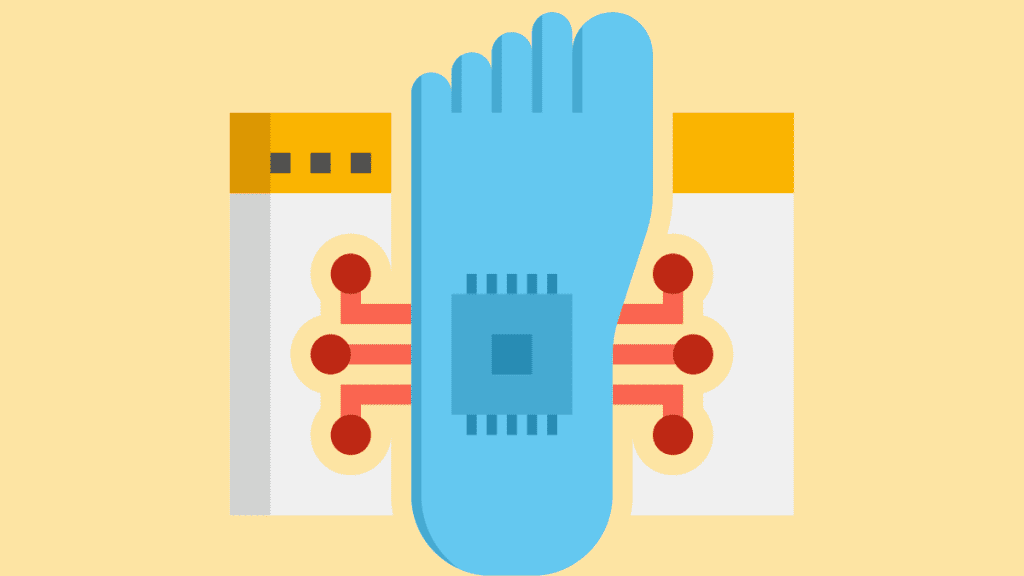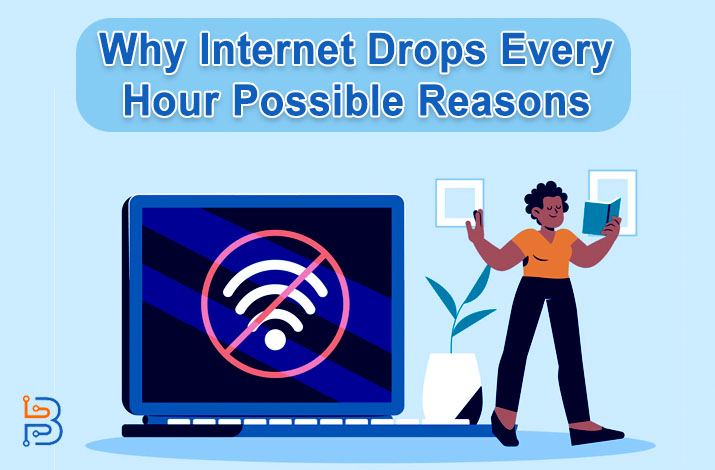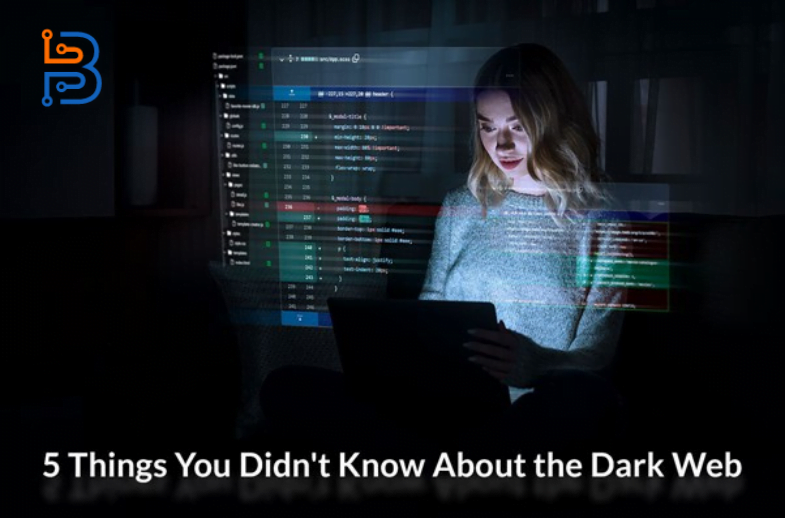How to Protect and Reduce Your Digital Footprint in 2023


In this modern era, our lives are connected to the online world. We rely on the internet for communication, entertainment, and accessing various services. Hence, this greater convenience comes with a huge set of risks. Your digital footprint refers to the trail of data you leave behind as you engage with online platforms and services. It may include your personal data & information, online activities, and interactions, which can be tracked, stored, and exploited.
Protecting and reducing your digital footprint is important to stay safe online.
This article will explore effective strategies and best practices to help you maintain control over your digital presence in 2023.
Assessing Your Current Digital Footprint
Before diving into protective measures, assessing your digital footprint is important. Understanding your online presence enables you to find out potential vulnerabilities and take appropriate action. Here are some steps to help you evaluate your digital footprint:
1. Conduct a Personal Information Audit
Start by reviewing the personal information you’ve shared online. This includes your social media profiles, online accounts, and public directories. Take note of any sensitive information that may be accessible to others.
2. Review Privacy Settings
Analyze the privacy options on your social media sites, online accounts, and other online services. Make sure you have checked them to limit the visibility of your personal information.
3. Search for Yourself
Perform a search using your name and variations of it on search engines to see what information is readily available about you. Consider setting up alerts to monitor any new mentions of your name or personal details.


10 Tips to Protect and Reduce Your Digital Footprint in 2023
When you know your digital footprint, here are some tips to reduce it. By implementing the following strategies, you can significantly reduce your online presence:
1. Review and Adjust Social Media Privacy Settings
You can find several privacy related options on social media sites. Regularly review and update these settings to ensure only trusted individuals can access your content.
2. Limit Personal Information Sharing
Be cautious when sharing personal information online, especially on public platforms. Don’t share your private and sensitive information online like your address, phone number, or bank account details. Remember, once shared, it’s challenging to erase this data from the internet completely.
3. Use Strong and Unique Passwords
Protect your online accounts by using strong, complex passwords. Avoid reusing passwords across different platforms, as a breach in one account could compromise all your other accounts. Consider using a password manager to store and generate unique passwords securely.
4. Enable Two-Factor Authentication- 2FA
Two factor authentication is a good option to improve security of your online accounts. By requiring a second verification step, such as a code sent to your mobile device, significantly reduces the risk of unauthorized access.
5. Regularly Update Software and Devices
Make sure all your devices are updated. Manufacturers and developers regularly release updates to address vulnerabilities and enhance security. Enable automatic updates whenever possible to ensure you have the latest protections in place.
6. Be Mindful of Online Activities
Be cautious of suspicious emails, phishing attempts, and unsolicited requests for personal information. Cybercriminals often employ deceptive tactics to trick individuals into revealing sensitive data. Exercise caution and verify the authenticity of requests before sharing any personal information.


7. Use Virtual Private Networks – VPNs
Consider using a reliable Virtual Private Network solution to encrypt your internet connection and protect your online activities. A Virtual Private Network builds a secure connection between your device and the internet you are using to keep your data and location remains private and secure.
8. Regularly Monitor Your Online Presence
Stay vigilant by monitoring your online presence regularly. Perform periodic searches of your name and relevant personal information to identify any potential privacy breaches or unauthorized use of your data. If you discover any concerning information, take immediate action to address the issue.
9. Be Selective with App Permissions
When installing mobile applications, carefully review the permissions they request. Grant only the necessary permissions and avoid granting access to sensitive data or features that are unrelated to the app’s primary function.
10. Manage Your Digital Identity
Maintain an active role in managing your digital identity. Regularly review your social media profiles, online accounts, and other digital platforms to ensure they accurately represent your desired image. Remove or request the removal of any outdated or inaccurate information.
Educating Yourself and Others
Knowledge is a powerful tool in protecting your digital footprint. Stay informed about the latest online threats, privacy concerns, and security practices. Share this knowledge with friends, family, and colleagues to help them safeguard their digital presence as well.
- Consider the following resources to enhance your understanding of digital privacy and security:
- Attend webinars, workshops, or conferences focused on online privacy.
- Follow reputable technology and cybersecurity blogs and news outlets.
- Participate in online forums and communities dedicated to digital privacy discussions.
- Engage with privacy-focused organizations and advocacy groups.
By continuously educating yourself and spreading awareness, you contribute to a safer digital landscape for everyone.
Conclusion
Protecting and reducing your digital footprint is an ongoing process that requires diligence and awareness. By considering the strategies mentioned above, you can improve your privacy, security, and control over your personal data and information in 2023.
Remember, your digital footprint is within your control. Be mindful of the information you share online, regularly review privacy settings, and stay informed about the latest cybersecurity practices.






